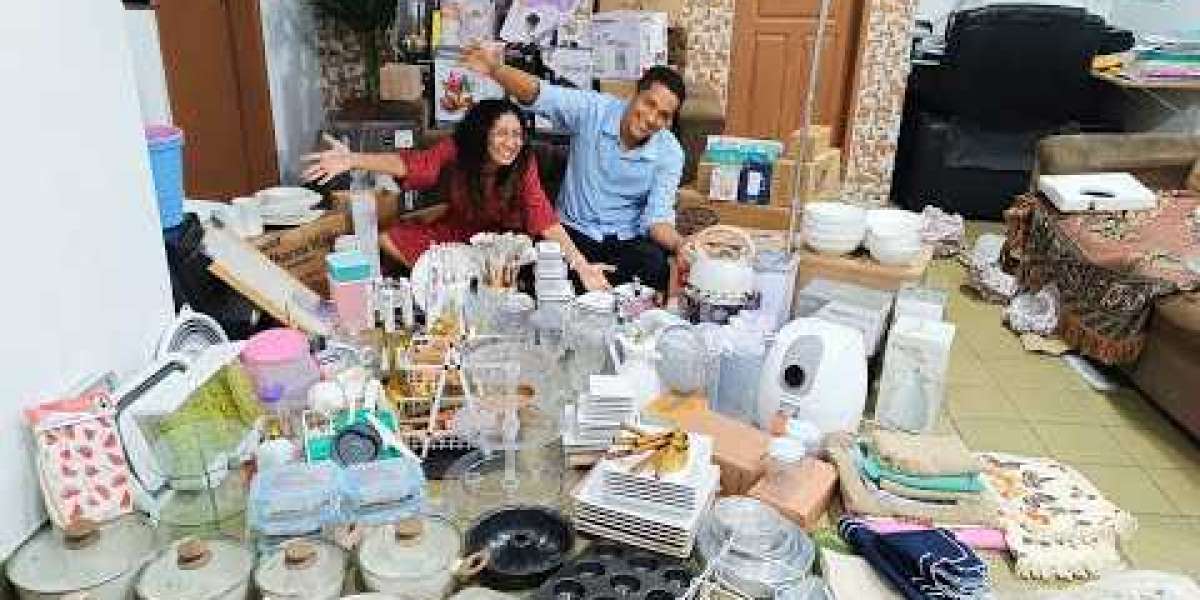What is the circular economy? Here’s a perfect visual explanation
The sculpture stands 11 feet tall, loaded with 1,500 oranges on top like a giant gumball machine filled with citrus. The fruits roll down a track, until they are sliced and squeezed of their juice, then dropped into a large vat. There, the peels are dried over the course of a day, pulverized into what looks like Cheeto dust, and mixed with an organic solvent (an acid made from sugarcane) to create bioplastic gunk. That gunk is heated and melted into a microfilament. Then over the course of an hour, a 3D printer slowly extrudes the orange filament into the shape of a cup.To get more news about peeling juicer for orange, you can visit hl-juicer.com official website.
Finally, fresh orange juice pours into the vessel. What the customer is left with is a very literal cup of orange juice. Nearly everything is made from the orange itself. It’s nose-to-tail eating—for fruit.
This is Feel the Peel, an installation that is touring Italy for the next few months. Designed by Carlo Ratti Associati (CRA), in a commission for the multinational oil and gas company Eni, it’s no doubt a bit of corporate propaganda to make us forget about the ongoing toll of pumping and burning fossil fuels.
But bury that reality for a moment, and because the machine itself is an intriguing spectacle to behold. What CRA has done here is present a compelling metaphor for the circular economy.
It’s not quite perfect, granted: The cups must be thrown out or composted when you’re done. Even still, the project illustrates how easy it is to sell sustainability as an interactive experience that rewards the consumer for being part of it. Whether it’s oranges, or Adidas Loop shoes, there’s some serious Build-a-Bear potential in the future of Orange Julius.








